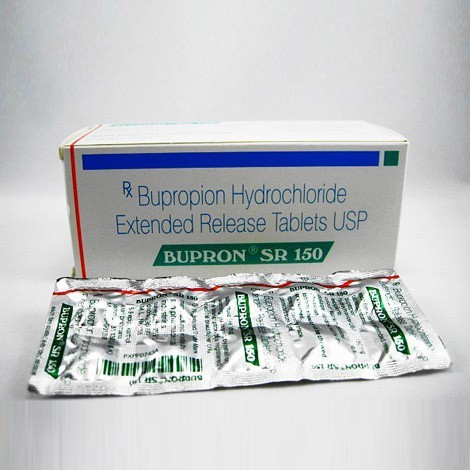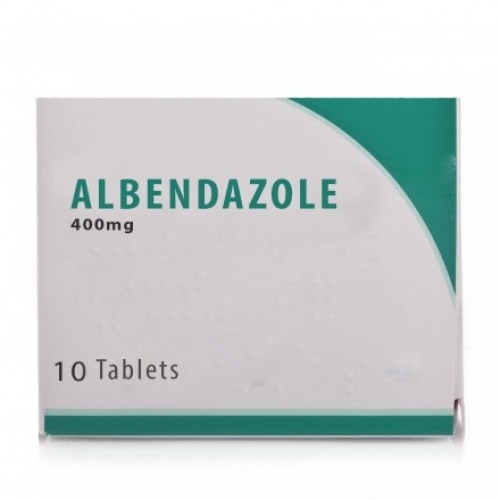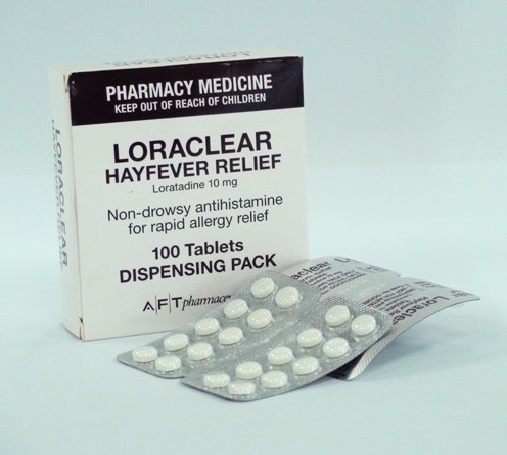Wellbutrin
Wellbutrin Information
Wellbutrin, generically known as Bupropion, is an antidepressant medication.
Do not use Wellbutrin if you have used an MAO inhibitor in the past 14 days. A dangerous drug interaction could occur. MAO inhibitors include isocarboxazid, linezolid, methylene blue injection, phenelzine, rasagiline, selegiline, tranylcypromine, and others.
Some young people have thoughts about suicide when first taking an antidepressant. Your doctor will need to check your progress at regular visits while you are using Wellbutrin. Your family or other caregivers should also be alert to changes in your mood or symptoms.
Wellbutrin Indications
Wellbutrin medication acts as an antidepressant used to treat clinical depression. Wellbutrin can also be used as a drug to help a person to quit smoking, although this is not recommended as the severe side effects can damage the person's will-power ability.
Wellbutrin Warnings
If you have had any allergic reaction to bupropion, do not take Wellbutrin.
Wellbutrin, like other antidepressants, is required to carry a black-box warning about an increased risk of suicidal thinking and behavior in children, teenagers, and young adults between the ages of 18 and 24.
The black-box warning notes the need to monitor patients taking antidepressants for signs of any worsening of their depression, and for the emergence of suicidal thoughts, especially in the first few months of treatment or when the dose is either increased or decreased.
The warning also extended to Zyban, which contains the same ingredient as Wellbutrin and is made by the same company.
You should tell your doctor about all the prescription and over-the-counter (OTC) drugs, vitamins, illegal and recreational drugs, and dietary supplements you're taking, especially if you're on monoamine oxidase inhibitors (MAOIs), such as Marplan (isocarboxazid) or Nardil (phenelzine).
People who have had a seizure or epilepsy, an eating disorder such as bulimia or anorexia nervosa, or are using or withdrawing from alcohol or certain drugs used to treat anxiety, seizures, and insomnia such as Xanax, Valium, and Ativan, are generally not good candidates for Wellbutrin.
Also be aware that Wellbutrin can cause false-positive urine tests for amphetamines.
Your doctor also needs to know if you have liver or kidney disease, are taking insulin for diabetes, are taking other antidepressants, or are using a nicotine patch, which can increase the risk of high blood pressure.
Wellbutrin and Pregnancy
Wellbutrin has not been known to cause birth defects in animals that were tested, although human trials have not been carried out. Therefore it is recommended not to take this antidepressant when pregnant or if you wish to conceive at any point soon. The active ingredient of Wellbutrin is passed into the breast milk of mothers and may cause un-wanted side effects in the nursing infant. It is not advised to breast feed while taking Wellbutrin medication.
When you have any of the following medical concerns, inform you doctor before taking Wellbutrin:
- Anorexia nervosa or a history thereof
- Brain tumours
- Drug abuse
- Head injury or history of head injuries
- Mental retardation
- Seizures (The risks of having more severe and frequent seizures can be heightened by taking Wellbutrin)
- Manic Depressive illnesses
- Nervous-, mental- or emotional disorders
- Hypertension (Taking Wellbutrin could make this worse)
- Heart diseases
- Kidney problems
- Liver diseases
Do not take Wellbutrin within 14 hours from any MAOI intake.
This medication may foster a false sense of well being, therefore use Wellbutrin with caution. Please ensure that the underlying cause of your distemper is dealt with in addition to taking the medication.
Wellbutrin Intake Guidelines
Wellbutrin should be taken exactly as your doctor prescribed. Do not use more regularly than your doctor has prescribed. Wellbutrin may be taken with meals/food to lessen its undesirable effects on the stomach.
Each Wellbutrin tablet should be swallowed whole and not broken into pieces. Do not crush or chew a Wellbutrin tablet before swallowing.
Wellbutrin Dosage
The dosage and the interval for each dose can only be determined by your doctor. However, you can also roughly refer to the dosage prescribed below:
For the treatment of mental depression:
150 mg as the initial dose to be taken in the morning. Your doctor may increase this dose but the usual dosage should be not more than 200 mg twice a day.
To help stop smoking:
The initial dose for the treatment of smoking addiction is 150 mg to be given once a day. Your doctor may want to increase your dosage but it should not be more than 150 mg two times a day.
Wellbutrin Overdose
If an overdose is suspected, immediately seek medical attention.
An overdose of Wellbutrin is considered moderately dangerous. Deaths have been reported, but they're rare.
Symptoms of an overdose can include:
- Hallucinations and delusions
- Vomiting
- Aggressive behavior
- Rapid heart beat
- Seizures
Call a poison control center or get to an emergency room if you believe you've overdosed.
If a person taking Wellbutrin has collapsed or is not breathing, call 911 immediately.
The safety and effectiveness of Wellbutrin has not been determined in children younger than 18.
Wellbutrin Missed Dose
The rule for this medicine is never to double dose. When you have skipped a dose of this medicine, entirely skip that dose or better yet, consult your doctor for the proper course of action.
Skip any missed dose, and get back on schedule when it's time for the next dose.
You must allow the full six-hour interval between doses.
Do not double up on doses to recoup the missed one.
Wellbutrin Side Effects
The following side effects may or may not be present and the degree and frequency of each is dependent on the susceptibility of the patient:
- Confusion
- Agitation
- Anxiety
- Ringing in the ears
- Severe headache
- Allergic reactions
- Hallucinations
- Seizures
- Trouble concentrating
- Loss of consciousness
- Nausea
- Vomiting
- Insomnia
- Tremors
- Unusual weight loss
- Abdominal pains
- Constipation
- Decrease in appetite
- Dizziness
- Dry Mouth
If you experience any of these side effects and if they become bothersome or intolerable, seek medical attention immediately or consult your doctor.
Wellbutrin Drug Reactions
Certain drugs should not be used alongside Wellbutrin. Inform your doctor if you are taking any of the following drugs as it may cause unwanted reactions when combined/ ingested/taken together with Wellbutrin:
- Alcohol
- Lithium
- Antipsychotics
- Fluoxetine
- Maprotiline
- Theophylline
- Tradozone
- MAOI (Monoamine Oxydase Inhibitor Activity)
- Ritonavir
- Tricyclic anti-depressants
- Corticosteroids
You may require a dosage alteration of Wellbutrin or may be advised to stop intake if you have taken or are taking any of these medicines. It is best to ask for your doctor's advice.
Buy Wellbutrin
In some countries WELLBUTRIN may also be known as: Bupropion, Zyban, Odranal, Clorpax, Quomem, Budeprion








